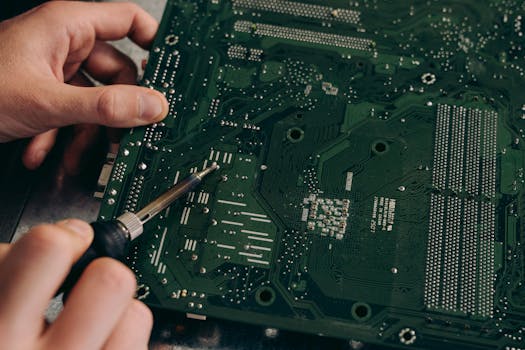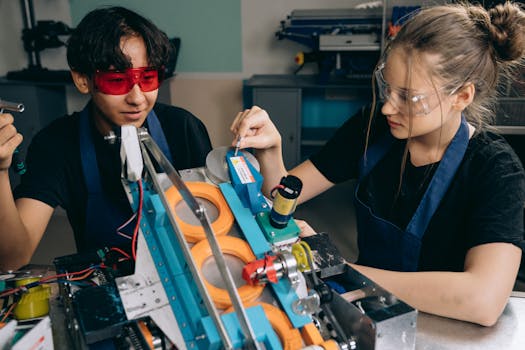
The Future of Work: Trends to Watch in 2025
Focus Keyword: Future of Work

The future of work is changing rapidly, with trends like remote work, artificial intelligence, and automation transforming the way we work and live. As we look to the future, it’s essential to stay ahead of the curve and understand the trends that will shape the workforce in 2025.
Section 1: Introduction to the Future of Work

The concept of work has undergone significant changes over the years, from the industrial revolution to the digital age. With the rise of technology, the nature of work has become more flexible, and the lines between work and personal life have become increasingly blurred.
In this section, we’ll explore the current state of the workforce and the factors driving change. We’ll also examine the key trends that will shape the future of work, including remote work, artificial intelligence, and automation.
Section 2: Trends to Watch in 2025

As we look to 2025, several trends will emerge that will transform the way we work and live. Some of the key trends to watch include:
- Remote work: With the rise of digital communication tools and cloud computing, remote work has become more accessible and convenient.
- Artificial intelligence: AI will continue to play a significant role in the workforce, automating tasks and enhancing productivity.
- Automation: Automation will continue to transform industries, from manufacturing to healthcare.
- Upskilling and reskilling: As technology advances, workers will need to develop new skills to remain relevant.
- Diversity and inclusion: The future of work will prioritize diversity and inclusion, with a focus on creating a more equitable and just workplace.
Section 3: The Impact of Technology on the Future of Work

Technology will continue to play a significant role in shaping the future of work. From artificial intelligence to blockchain, emerging technologies will transform industries and create new opportunities.
In this section, we’ll explore the impact of technology on the future of work, including the benefits and challenges of adopting new technologies.
Section 4: Preparing for the Future of Work

As the future of work continues to evolve, it’s essential to prepare for the changes ahead. This includes developing new skills, adopting new technologies, and creating a more flexible and adaptable workforce.
In this section, we’ll provide guidance on how to prepare for the future of work, including strategies for upskilling and reskilling, and creating a more inclusive and diverse workplace.
Conclusion

The future of work is changing rapidly, with trends like remote work, artificial intelligence, and automation transforming the way we work and live. By understanding these trends and preparing for the changes ahead, we can create a more equitable, just, and productive workforce for all.






